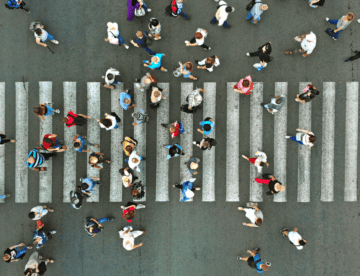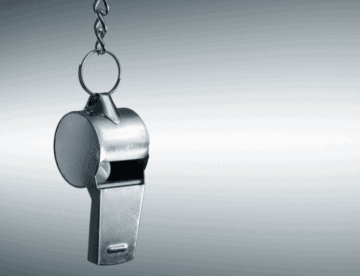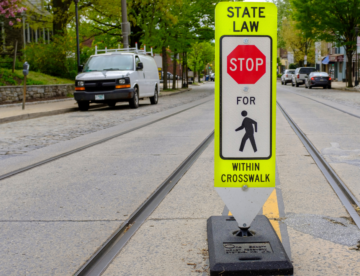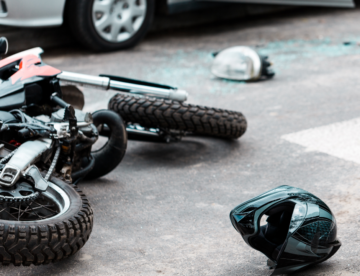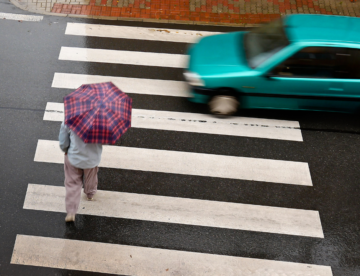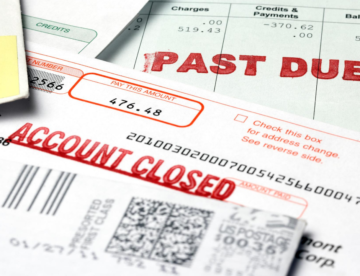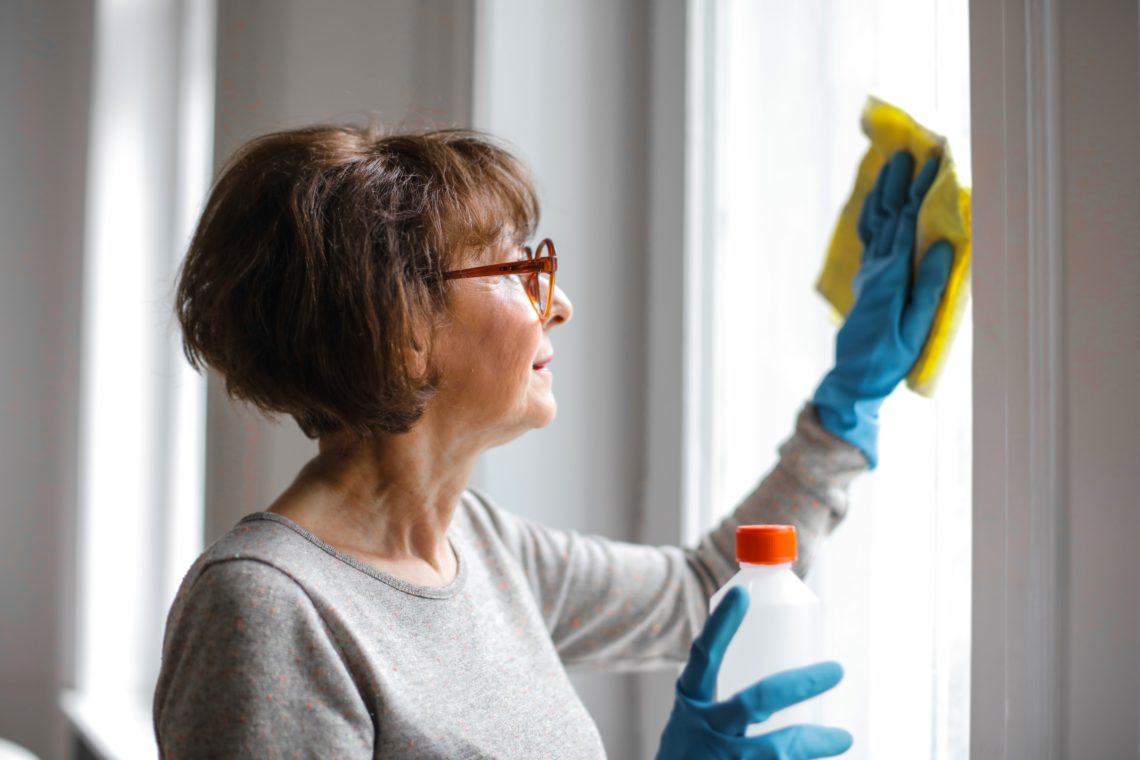
During this time, it can be difficult to make sense of the different terms we’re hearing: social distancing, social isolation, and quarantine. It’s important to understand the differences to help you remain calm as you prepare for any of these situations. Burrow & Associates wants to provide you some helpful information and tips on what you can do to best prepare your home and family for social distancing and social isolation.
What is Social Distancing?
Social distancing is a community preventative measure which involves avoiding large gatherings of people. People are encouraged to keep at least six feet between themselves and others. By limiting your interactions with people outside of your home, you can help reduce community spread of the illness. Some ways in which you can practice social distancing include:
- Working from home
- Keeping kids home from school (in the event schools are not closed)
- Avoiding social events of more than 5-10 people
- Avoiding museums, athletic events, and concerts
- Staying in your home
- Ordering take-out rather than dining-in
How to Prepare Your Home for Social Distancing
During this time, it’s important to prep your home for social distancing. Along with washing your hands regularly, you should also clean frequently-touched surfaces and objects every day. These include tables, light switches, cabinet handles, and doorknobs. The CDC recommends using a detergent and water before disinfecting for any dirty surfaces. If possible, designate an isolated space in your home for any family members who may become sick.
It’s also important to have a plan in place. The CDC recommends the following:
- Talk to your family about what to do in the event of illness
- Have a plan in place for family members who may be at a greater risk of developing an illness
- Get to know your neighbors and join any neighborhood websites or social media pages
- Know where the aid organizations are in your community, including health care services, counseling services, and food suppliers
- Create an emergency contact list
What Should You Buy?
It can be difficult to know what to buy as you prepare for the possibility of self-quarantine or periods of social isolation. Along with household cleaners, hand soap, and sanitizer, suggestions for food purchases include things that have a long life in the pantry or freezer.
Pantry items:
- Beans and legumes
- Canned fish
- Nut butters/sun butter
- Pasta, quinoa, and rice
- Steel-cut oats/oatmeal
- Cereal
- Canned fruits and vegetables
- Dried fruits, popcorn, and chocolate
- Water, shelf-stable milk, and coffee
Freezer items:
- Bread
- Frozen protein (chicken breasts, ground beef, etc)
- Deli meat
- Fresh seafood
- Frozen fruits and vegetables
- Packaged meals like frozen pizza or casseroles
Remember, to reduce the chance of shortages for others, only buy what you think you and your family may need for 2-3 weeks of isolation.
What Else Can You Do to Prepare?
While many social events may be cancelled or postponed, there are things you can do during this time. Walks and time in the sun are encouraged to maintain physical and mental health. You can also enjoy games and activities with your family. Use this time to establish a sense of normalcy and routine in your home.
Social Distancing vs. Self-Quarantine
In contrast to social distancing, self-quarantine is the process you might take if you’ve been exposed to the virus. It requires you to stay in your house for as long as two weeks while you monitor yourself for possible coronavirus symptoms (fever, cough, difficulty breathing). If you are self-quarantined, it is important to stay away from others to reduce the chance of also exposing them to the virus. If possible, ask a family member or neighbor who is not in a high-risk group to run your errands and ask for any deliveries to be left outside.
If you develop symptoms of coronavirus, you should call your health-care provider rather than going into the office. The CDC recommends that you stay home (unless you are being treated in-person), stay in touch with your doctor, and avoid any public transportation. If you live in an apartment, avoid communal spaces. If possible, avoid sharing a bed and bathroom with anyone else in your home. To limit exposure for others, the CDC also recommends that those diagnosed with coronavirus continue their cleaning regiment, wear a mask when visiting the doctor, and avoid sharing items or spaces with others.
In times of uncertainty, staying informed is the best practice. Preparation now can help you avoid panic later. Using tips like these is the best way to prepare your family and home. As we continue to deal with the coronavirus and work to keep our families safe, if there is anything that we can do to help, please contact Burrow & Associates at (678) 323-2394 or via our website.
